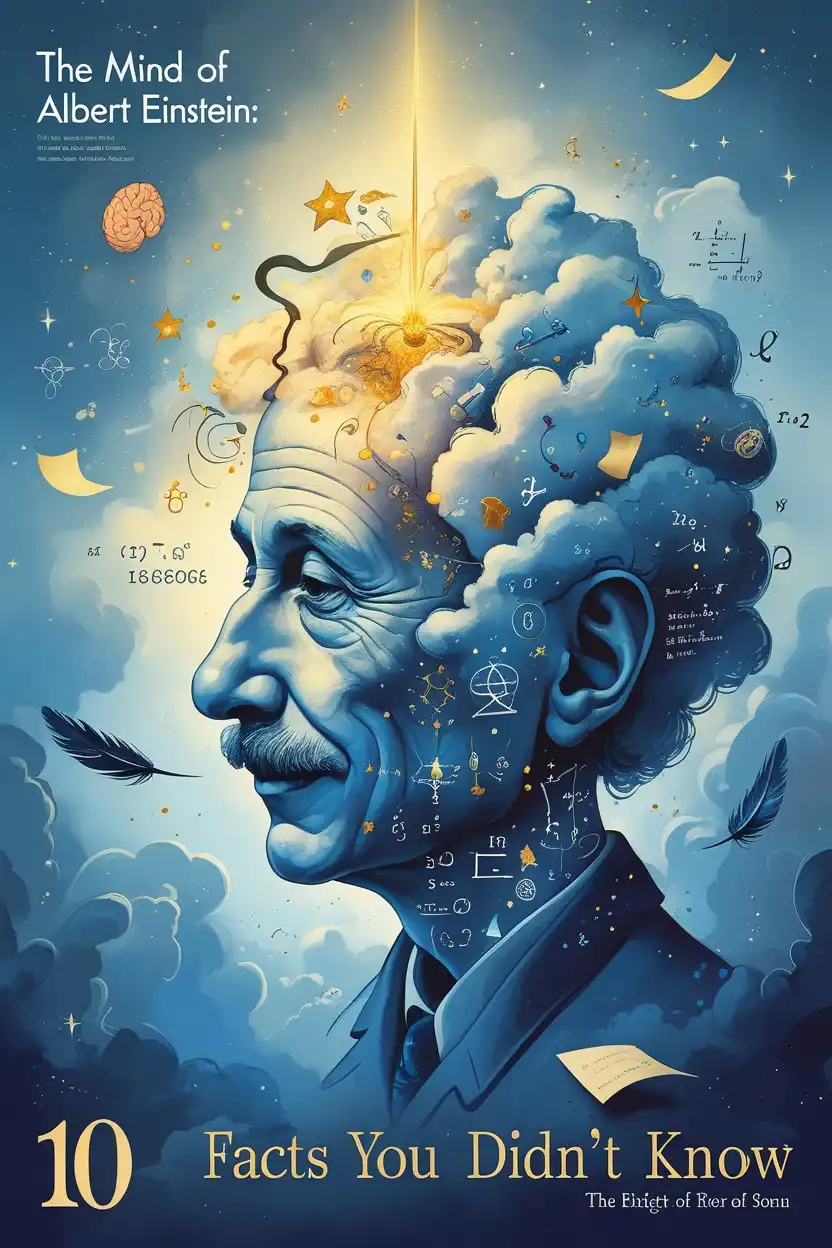Short fiction is a unique and powerful form of storytelling. It challenges writers to create compelling narratives, vivid characters, and immersive worlds within a limited word count. Whether you’re crafting flash fiction, short stories, or microfiction, the art of writing short fiction lies in its ability to evoke emotion and deliver impact with brevity. In this article, we’ll explore techniques, tips, and strategies to help you master the craft of writing short fiction and create stories that resonate with readers.
Why Write Short Fiction?
Short fiction is an incredible way to hone your writing skills. It forces you to focus on the essentials—character, conflict, and resolution—without the luxury of long-winded descriptions or subplots. Here are a few reasons why writing short fiction is worth your time:
- Creative Challenge: Writing within a limited word count pushes you to be concise and intentional with every word.
- Quick Feedback: Short stories are faster to write and share, allowing you to receive feedback and improve more quickly.
- Publication Opportunities: Many literary magazines, websites, and contests specifically seek short fiction submissions.
- Reader Engagement: In today’s fast-paced world, short fiction appeals to readers who want impactful stories they can enjoy in a single sitting.
Key Elements of Great Short Fiction
While short fiction differs from novels in length, it still requires the same core storytelling elements. Let’s break down what makes a short story truly compelling:
1. A Strong Hook
The opening line or paragraph of your story is crucial. With limited space to work with, you need to grab the reader’s attention immediately. Start with an intriguing situation, a provocative statement, or a question that demands answers.
Example: “The letter arrived on a Tuesday morning, smelling faintly of lavender and regret.”
2. Focused Characters
In short fiction, there’s no room for a sprawling cast. Focus on one or two well-developed characters who drive the story forward. Give them clear motivations and conflicts that resonate with readers.
3. Conflict and Stakes
Every great story revolves around conflict—internal, external, or both. In short fiction, the stakes need to be established quickly and clearly. What does the protagonist stand to gain or lose? Why should the reader care?
4. Economy of Language
Short fiction demands precision. Every word must serve a purpose—whether it’s advancing the plot, revealing character, or setting the tone. Avoid unnecessary adjectives or lengthy descriptions.
5. A Memorable Ending
The conclusion of your story should leave a lasting impression. Whether it’s a twist ending, an emotional resolution, or an open-ended question, make sure it feels satisfying and purposeful.
Tips for Writing Short Fiction
Writing short fiction can be daunting at first, but with practice and the right approach, you’ll find your rhythm. Here are some practical tips to get started:
1. Start Small
If you’re new to short fiction, try writing microfiction (stories under 100 words) or flash fiction (stories under 1,000 words). These formats help you practice brevity and focus on the essentials.
2. Write with a Theme in Mind
Having a central theme or idea can give your story direction and depth. For example, themes like love, loss, redemption, or identity can serve as the backbone of your narrative.
3. Experiment with Structure
Short fiction allows for creative experimentation. Play with non-linear timelines, fragmented narratives, or unconventional formats like letters or diary entries.
4. Show, Don’t Tell
This classic writing advice is especially important in short fiction. Use dialogue, actions, and sensory details to convey information instead of relying on exposition.
5. Revise Ruthlessly
Editing is key to crafting great short fiction. Cut out anything that doesn’t serve the story—no matter how much you love it. Read your work aloud to identify awkward phrasing or unnecessary words.
Common Mistakes to Avoid
While writing short fiction can be rewarding, there are common pitfalls to watch out for:
- Overcomplicating the Plot: Keep your story simple and focused.
- Underdeveloped Characters: Even in a short space, your characters should feel real and relatable.
- Clichés: Avoid overused tropes or predictable endings.
- Lack of Conflict: A story without conflict lacks tension and engagement.
FAQs About Writing Short Fiction
Q: How long should a short story be?
A: Short stories typically range from 1,000 to 7,500 words. Flash fiction is usually under 1,000 words, while microfiction can be as short as a single sentence.
Q: Can I use dialogue in short fiction?
A: Absolutely! Dialogue can reveal character traits, advance the plot, and add realism to your story. Just make sure it serves a purpose and doesn’t take up too much space.
Q: Where can I publish my short fiction?
A: There are many options for publishing short fiction, including literary magazines, online platforms like Wattpad or Medium, anthologies, and writing contests.
Q: How do I come up with ideas for short stories?
A: Inspiration can come from anywhere—personal experiences, news headlines, dreams, or even random prompts. Keep a notebook handy to jot down ideas as they strike.
Q: Can I write a series of connected short stories?
A: Yes! Linked short stories can explore different perspectives or events within the same world or theme. This approach works well for collections or anthologies.
Final Thoughts
Writing short fiction is an art that combines creativity with discipline. By focusing on strong characters, compelling conflicts, and precise language, you can craft stories that leave a lasting impact on readers—even in just a few words. Whether you’re writing for publication or personal enjoyment, embrace the challenge of brevity and let your imagination soar. Happy writing!





